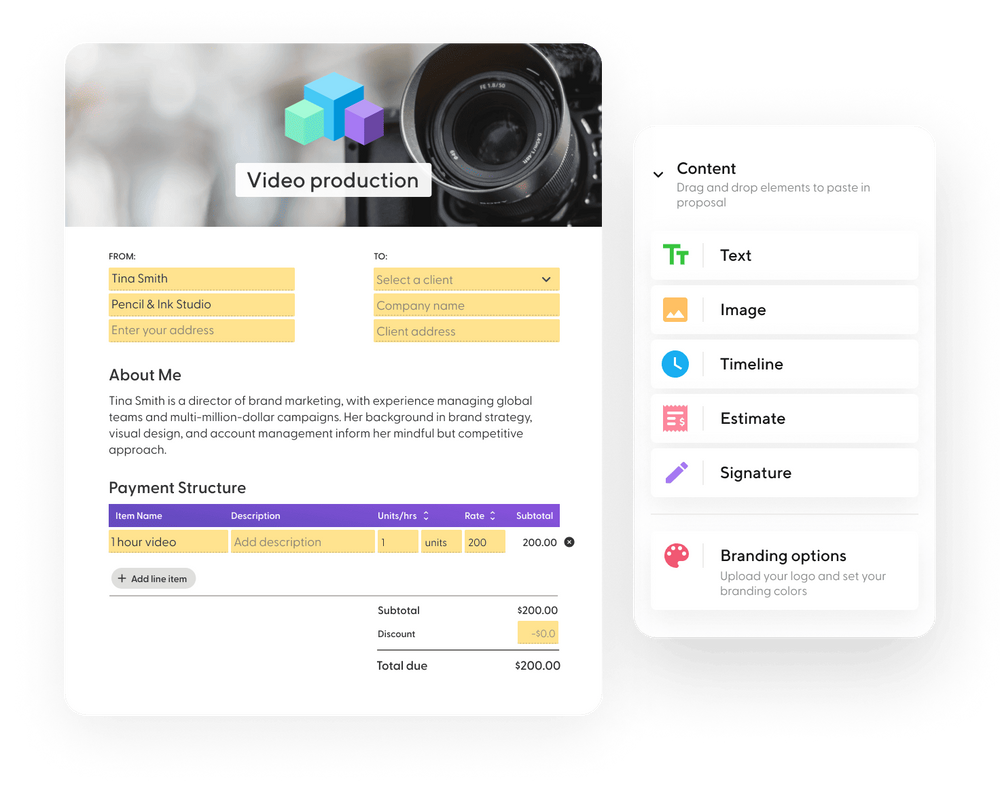Marketing is one of those essential skills that is inescapable to our success. Look up any respectable business: without fail they will have a marketing manager, if not a whole marketing team. Why should freelance businesses be any different? While it may seem like a chore, no one will know you exist if you don’t put in the effort to market yourself. Freelancers are responsible for the entirety of their business, and that includes its promotion.
Many freelancers make the mistake of relying too heavily on word of mouth in promoting their small business. While that may work for a little while, the wellspring of family and friend referrals will eventually run dry. Elevate your marketing strategy by embracing these 8 marketing strategies, suitable for marketers of any level.
Networking Events
Networking events are an excellent resource for promoting yourself. These meet and greets can directly attract individuals in particular industries or fields. With the right connections, these connections can grow into collaborations or future clients. The more people you know, the more access to potential clients you’ll have. It’s also a great way to stay up to date on current trends and best practices in your field. You can read more about networking as a freelancer here.
Develop Your Own Content
Access your target market by writing blog posts that answer their questions. Potential clients have a problem that you’re looking to fix, so when they search for a solution, be ready to provide it. Illustrate your knowledge and credibility through content; you’re making the argument that you’re an expert on the subject, so back it up with some tutorials or perspectives. Additionally, this content will make you more visible online, leading potential clients directly to your website. Generating blog posts is a free solution for increasing website traffic, and it works for all budgets.
Launch a Website
Speaking of websites and content, your business should absolutely have a website. It should include contact information, blog posts, and your portfolio. You should also include your professional background and references, to further illustrate credibility as a freelancer. This will be the home of all of your business activities and the best manner for clients to find you.
Social Media
Social media is excellent for connecting with your target market. It gives your brand a voice, brings in potential clients with relevant content, and opens you up to a dialogue with your audience. The use of hashtags can easily bring your content into the conversation, and connect you to relevant ideas. It’s undeniable that social media is a key part of marketing a business: 87% of e-commerce shoppers credit social media in helping them make their buying decisions (Absolunet).
Nurture Your Existing Clients
Once you’ve successfully scored a client and provided them with excellent quality service, don’t just assume the relationship is over. The hardest part of marketing is convincing someone to buy into your good or service. Your previous clients have already made that leap of faith; getting them to reinvest is infinitely easier because they already have a proven history with you. Assuming you solved their problem successfully, there’s no reason they shouldn’t reinvest with you. It’s just as much of a hassle for them to continue their search and subscribe to an unknown freelancer. Dedicate a portion of your marketing efforts to nurturing these clients and staying on their radar for future projects.
Ask for Client Referrals
Maintaining relationships with your previous clients also means gaining their referrals. When you’ve proven the quality of your work, confidently ask your clients to pass on the good word. You should aim to use their network fully! They’re directly embedded in your target market, meaning they’re well-positioned to connect you to the right people. If your clients are pleased with the work you've done, they'll want to advocate for your business.
Freelance work sites
There are plenty of job sites that cater specifically to freelancers. As you’re getting up and running, these platforms will give you a good structure and help you learn best practices. Be sure to come prepared with a portfolio, a fully functioning website, and an idea of your rates; this will help set you apart from the competition.
Guest Blogging
As you begin to expand your network, consider guest blogging! Guest blogging is when you write up content for a third party website to promote your business. These blog posts shouldn’t just be an advertisement; they need to be informative and interesting. The third party benefits from having diverse content for their audience, while the blogger benefits from the exposure to a target audience.
Marketing isn’t a breeze, and it’s not a “one-size fits all” practice. Do some research to find out which of these options will best suit your unique business needs. Likely, you’ll utilize a few different channels as you synthesize your marketing strategy. You should adjust and try new approaches as you grow your business!



